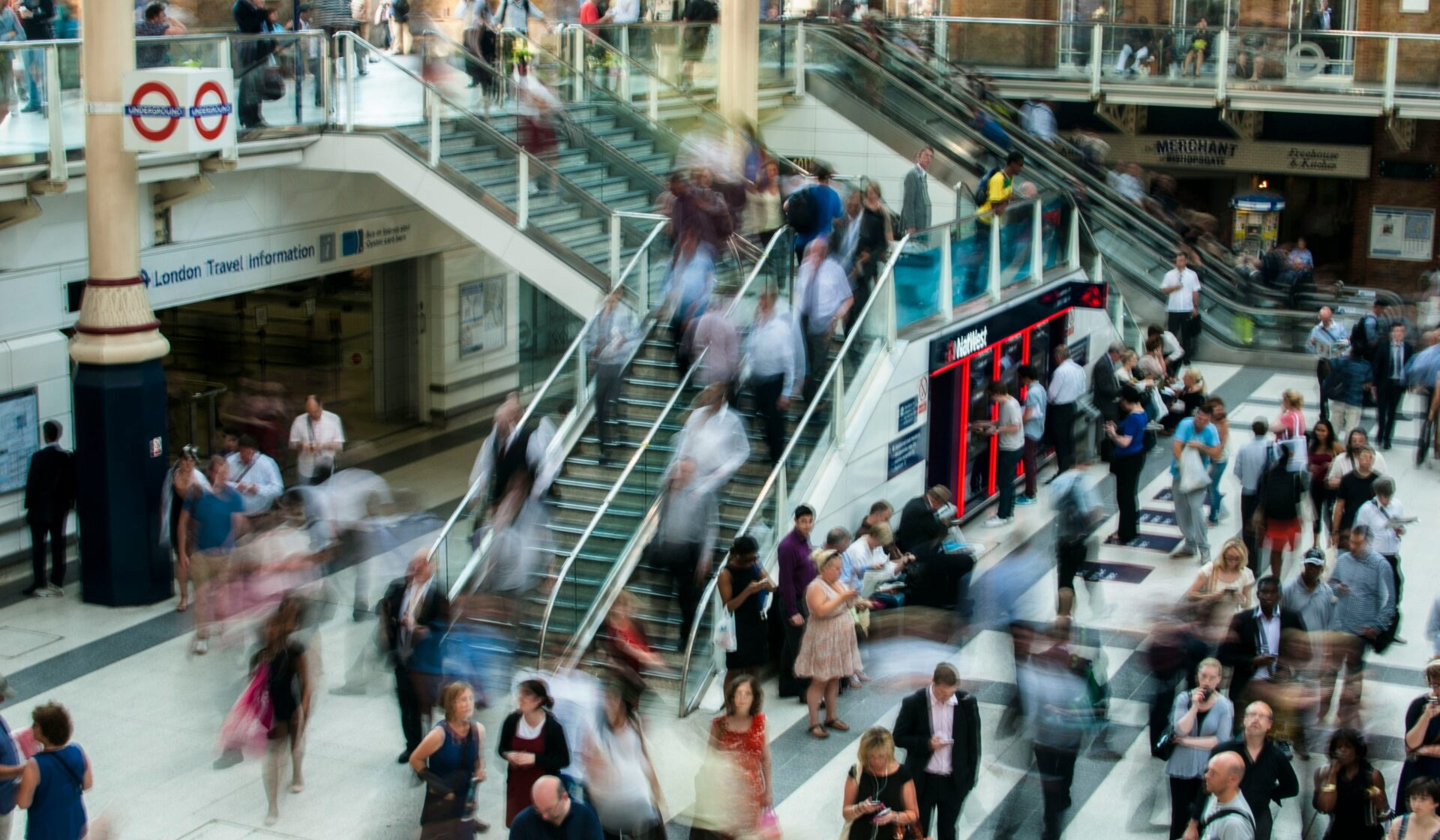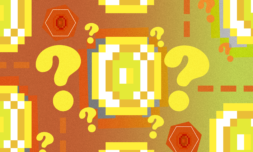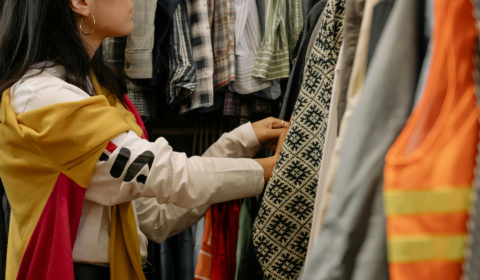These days, without the promise of a home, a salary, and a future on a healthy planet, it makes sense that Gen Zers are quitting the rat race. Exhausted, overwhelmed, and on the brink of total collapse, the concept of ‘soft living’ has never seemed more appealing.
Ever since the end of pandemic, there’s been a brewing backlash against hustle culture.
Triggered by Molly-Mae’s controversial ‘we all have the same 24 hours in a day’ comment in 2022 and perpetuated by Kim K’s rant in a similar vein, the conversation urges us to consider why we so eagerly continue to worship at the altar of busyness when we know it’s doing us no good.
This is unsurprising, really, given that hard work no longer seems to be paying off.
Amid a cost of living crisis that means Gen Zers may never be able to afford to buy a home or retire at a reasonable age – not to mention the threats posed by climate change and armed conflicts that are only worsening – ambition has increasingly lost its appeal for the burnt out masses and consumerist, materialistic lifestyles aren’t seen as worth participating in the rat race for.
‘There is a growing feeling online that hard work is fortifying a system that, at best, is giving them nothing back and, at worst, is actively screwing them over,’ writes Leila Latif.
‘And so the “soft life” revolution was born – where the priority is no longer about working yourself to the bone to be a #girlboss or “leaning in” to the corporate male world and pushing until you “have it all”. It’s more time and energy for what makes you happy and as little time as possible focusing on what doesn’t.’
Realistically, we’ve been heading towards this reckoning for a while now.
This is because, in the digital age especially, it’s not uncommon to be riddled with constant subconscious pressure that to be busy is to be productive and to be productive is to be successful. That happiness is unattainable if we aren’t monetising every waking moment we have.
Though most of us don’t realise we’re burnt out until it’s crept up on us, buying into the idea that flying through life at break-neck speed is a valid marker of how well we’re doing is leaving us completely unable to muster the strength to persevere at the rate we are.




















